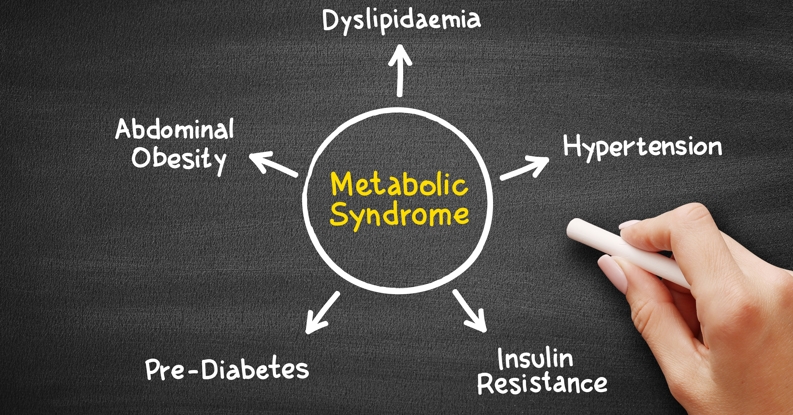What Stress Does to Your Body
- Category: Southwest General Medical Group, Behavioral Health, Family Medicine
- Posted On:
- Written By: Southwest General

Everyone experiences varying levels of stress now and again, but what happens when you are under an immense amount of pressure for an extended period of time? Here’s what you should know when it comes to stress impacting your mind and body.
Negative Effects on the Mind and Body
When you’re exposed to stressful situations, your body releases cortisol and other hormones, which trigger your natural “fight or flight” senses. While this is normal, it can be detrimental to your mind and body when you are exposed to these hormones for prolonged periods of time, making it hard for your body to return these levels to normal.
Physical Effects
“When your body is exposed to abnormally high levels of stress hormones, it can have detrimental effects on your physical health,” says Mirela Rossi, MD, an internal medicine physician with Southwest General Medical Group and on the Medical Staff at Southwest General Health Center. Chronic stress can get in the way of your body’s normal functions, putting you at higher risk of developing:
- Sleep disorders
- Stomach and digestive issues
- Ulcers
- Headaches and migraines
- A spike in blood pressure
- Heart disease and stroke
- Weight gain and loss
Mental Health Effects
Prolonged exposure to stress also can put you at higher risk for developing mental health issues, including, but not limited to:
- Depression
- Anxiety
- Trouble concentrating
- Changes in memory
“If you already have a mental illness, prolonged exposure to stress can make symptoms more prominent,” warns Dr. Rossi.
Healthy Ways to Cope with Stress
When you begin to feel overwhelmed by stress, several coping mechanisms may help to reduce your risk of experiencing mental and physical effects. These tips can help you keep stress at bay:
- Understand your stressors: Pinpointing what is causing excessive levels of stress in your life is the first step to coping with it.
- Talk to someone you trust: Sharing your frustrations with a friend or loved one can help reduce the stress of holding it in.
- Yoga and meditation: Studies have shown that practicing yoga and meditation can help to decrease the levels of stress hormones that are being released in your body. These mindful activities also can help to improve the physical and mental health effects of stress.
If you find that you are experiencing physical issues from exposure to stress, contact your primary care doctor to discuss treatment options.
Primary and Specialty Care in Ohio
At Southwest General Medical Group, Inc., our team of health care professionals includes both primary care and specialty care physicians who are working to raise the bar for excellence in health care services for our community. To learn more about our services or schedule an appointment, visit our website.


